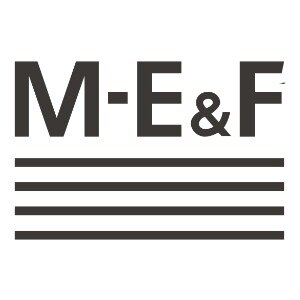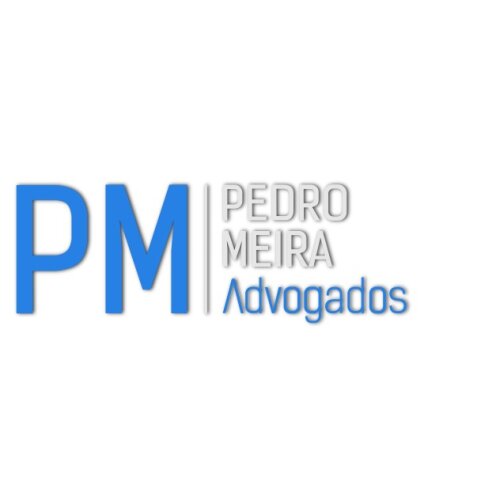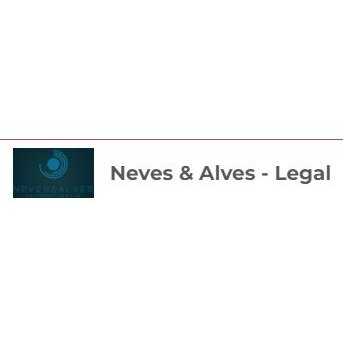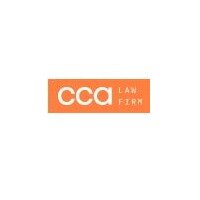Best Debt Capital Markets Lawyers in Porto
Share your needs with us, get contacted by law firms.
Free. Takes 2 min.
List of the best lawyers in Porto, Portugal
About Debt Capital Markets Law in Porto, Portugal
Debt Capital Markets (DCM) encompass a vital segment of financial markets where entities such as corporations, financial institutions, and governments raise funds by issuing debt securities like bonds and notes to investors. In Porto, Portugal, the DCM space is governed by robust legal frameworks and regulations that ensure transparency, investor protection, and market stability. Legal matters in this field can be intricate, involving national and European Union regulations, cross-border transactions, and compliance issues. Porto, as Portugal’s second largest city and a growing financial hub, serves as a significant center for DCM activities, with several international and domestic players participating actively in this market.
Why You May Need a Lawyer
Legal advice in Debt Capital Markets is often necessary due to the complexity of structuring, issuing, and managing debt instruments. Common situations where you may need a lawyer include:
- Advising on the issuance of corporate or municipal bonds
- Drafting or reviewing prospectuses and disclosure documents
- Ensuring regulatory compliance with Portuguese and EU securities laws
- Structuring cross-border debt deals
- Negotiating terms with underwriters or investors
- Managing default or restructuring scenarios
- Addressing tax implications of debt instruments
- Resolving disputes or litigation related to debt securities
Local Laws Overview
Porto operates within the wider Portuguese legal system, which is greatly influenced by European Union legislation on capital markets. The key laws and regulations affecting Debt Capital Markets in Porto include:
- Portuguese Securities Code: Sets out the rules for public offerings, transparency, and investor protection.
- CMVM Regulations: The Portuguese Securities Market Commission (CMVM) regulates and supervises market activities, ensuring compliance and oversight.
- EU Prospectus Regulation: Harmonizes rules for prospectuses used to offer securities, aiming for uniform investor protection across the EU.
- Market Abuse Regulation (MAR): Addresses insider trading and market manipulation applicable in Portugal.
Local legal practice also considers tax laws, insolvency frameworks, and anti-money laundering requirements, all of which are essential for those participating in the DCM.
Frequently Asked Questions
What are Debt Capital Markets?
Debt Capital Markets refer to financial markets where organizations raise funds through issuing debt securities, such as bonds, to be purchased by investors.
Who regulates the Debt Capital Markets in Porto?
The Portuguese Securities Market Commission (CMVM) is the main regulatory body overseeing DCM activity in Porto and throughout Portugal.
What types of debt instruments are commonly issued in Porto?
Common instruments include corporate bonds, government bonds, commercial paper, and securitized debt products.
Do I need a prospectus to issue bonds in Portugal?
Yes, most public offerings of securities require a prospectus reviewed and approved by the CMVM, with certain exemptions available for private placements.
Can foreign issuers access the Portuguese Debt Capital Markets?
Yes, foreign issuers may offer debt securities in Portugal, but they must comply with local and EU regulations, including disclosure and registration requirements.
How are investors protected in Portugal’s Debt Capital Markets?
Investors are protected through stringent disclosure obligations, regulatory supervision by the CMVM, and adherence to EU regulations regarding market transparency and conduct.
What are the tax implications for issuing debt in Portugal?
There may be withholding taxes and other fiscal obligations, both for issuers and holders of debt securities. Tax advice is essential to ensure compliance and minimize liabilities.
What is the role of a legal advisor in a DCM transaction?
Lawyers guide on compliance, draft and review documentation, structure financing, negotiate with stakeholders, and manage risk for issuers, investors, and intermediaries.
What happens in the event of a default on a debt instrument?
Default triggers legal processes that may involve restructuring, enforcement of security, negotiations with creditors, or insolvency proceedings under Portuguese law.
How can I find a reputable DCM lawyer in Porto?
Seek referrals from professional legal associations, check credentials and experience, and look for specialists familiar with both domestic and cross-border transactions.
Additional Resources
If you need more information about Debt Capital Markets in Porto, consider reaching out to the following organizations:
- CMVM (Comissão do Mercado de Valores Mobiliários): The main regulatory agency for securities and capital markets in Portugal.
- Portuguese Bar Association (Ordem dos Advogados): Provides information on qualified lawyers and legal rights.
- Banco de Portugal: National central bank, which also oversees stability and regulation in the Portuguese financial system.
- European Securities and Markets Authority (ESMA): Offers guidance on harmonized EU regulations affecting Portugal.
Next Steps
If you are considering participating in the Debt Capital Markets in Porto, Portugal, or if you need legal advice due to a specific issue:
- Gather all relevant documents and information about your case or intended transaction.
- Identify your main objectives and desired outcomes.
- Contact a lawyer with specific experience in Debt Capital Markets and Portuguese law.
- Prepare questions in advance to ensure you address all your concerns during the consultation.
- Stay informed about regulatory updates that may impact your legal position or obligations.
Expert legal guidance will help you navigate the complexities of the Debt Capital Markets efficiently, reduce risk, and ensure compliance with all relevant laws and regulations in Porto, Portugal.
Lawzana helps you find the best lawyers and law firms in Porto through a curated and pre-screened list of qualified legal professionals. Our platform offers rankings and detailed profiles of attorneys and law firms, allowing you to compare based on practice areas, including Debt Capital Markets, experience, and client feedback.
Each profile includes a description of the firm's areas of practice, client reviews, team members and partners, year of establishment, spoken languages, office locations, contact information, social media presence, and any published articles or resources. Most firms on our platform speak English and are experienced in both local and international legal matters.
Get a quote from top-rated law firms in Porto, Portugal — quickly, securely, and without unnecessary hassle.
Disclaimer:
The information provided on this page is for general informational purposes only and does not constitute legal advice. While we strive to ensure the accuracy and relevance of the content, legal information may change over time, and interpretations of the law can vary. You should always consult with a qualified legal professional for advice specific to your situation.
We disclaim all liability for actions taken or not taken based on the content of this page. If you believe any information is incorrect or outdated, please contact us, and we will review and update it where appropriate.

















